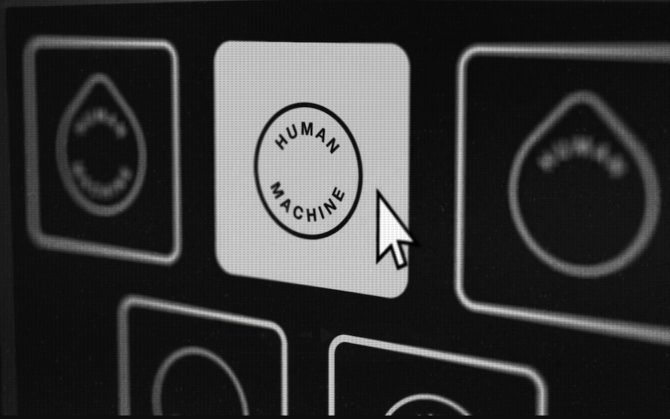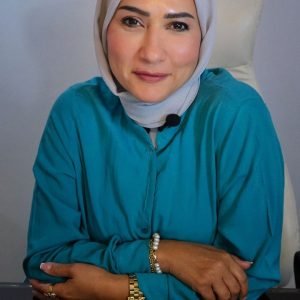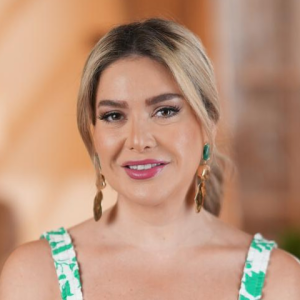A Transparent Future for Content Creation
Dubai is taking a bold step toward transparency in digital content by announcing the introduction of universal icons that will visibly show the level of human and AI involvement in any form of written or created material. This initiative is part of the city’s growing efforts to build trust, encourage ethical content practices, and future-proof communication in an AI-driven world.
The rise of artificial intelligence in writing, design, and other creative fields has sparked global discussions around originality, ownership, and disclosure. Dubai’s new icon system aims to simplify that complexity for readers and consumers by clearly signaling who—or what—was involved in producing a piece of content.

What the Icons Will Represent
These icons aren’t just for show—they’re designed to immediately inform the public whether a piece of content was created entirely by a human, assisted by AI, or fully generated by AI. Whether it’s a blog, social media caption, research report, or visual ad, every item will carry a designated icon. Each symbol will serve as a visual cue, empowering readers to interpret and engage with content more consciously.

The goal is not to criticize AI-generated content, but to help people distinguish between authentic human expression, collaborative content, and fully automated outputs. For example, a simple visual symbol might denote 100% human-written text, while another would represent hybrid content, and a third might indicate fully machine-generated work.

Encouraging Creative Integrity
This initiative isn’t about limiting technology—it’s about elevating the standard of creative integrity. Dubai’s content community has long embraced innovation, but this step introduces a level of responsibility that’s never been formalized before.
Writers, influencers, brands, and digital publishers will now have an opportunity to openly disclose how they create content. This fosters accountability in a time when AI tools are often used behind the scenes without acknowledgment. The icon system supports creators who choose to maintain human craftsmanship, while also validating those who leverage AI tools in thoughtful and ethical ways.
Empowering Audiences with Awareness
One of the strongest elements of this move is how it puts power back into the hands of the audience. As digital consumers become more savvy, there’s a growing hunger for transparency. People want to know if they’re reading a human’s opinion or a machine’s synthesis of information. They want to understand if emotional storytelling is rooted in real experience or generative patterns.
With these new universal icons, readers and viewers will no longer be left guessing. They’ll have clarity and context—two essentials in the modern information age. By enabling such transparency, Dubai is not only protecting its own digital landscape, but also empowering every individual who interacts with it.
A Global First with Global Implications
Dubai’s move is likely to set a precedent. Around the world, governments and institutions are struggling to navigate the rapidly changing dynamics of content creation. There’s no blueprint, and many policies remain reactive. But by stepping forward with a proactive solution, Dubai has positioned itself as a forward-thinking leader in AI governance and media ethics.
These content classification icons could become the blueprint for global standards. Other cities and countries will likely look to Dubai’s system when designing their own frameworks for regulating AI-assisted communication. In that sense, this isn’t just a local innovation—it’s a global milestone.

Supporting Digital Literacy
The success of the icon initiative will also depend on how well it’s understood. Authorities plan to pair the rollout with awareness campaigns, workshops, and user guides that explain what each icon means and how they’re determined. For example, how much AI assistance qualifies a piece as hybrid? What tools count as AI support? These questions will be clarified in the public roll-out to ensure that both creators and audiences are on the same page.
More importantly, this process will support digital literacy across age groups. Students, educators, professionals, and even casual content consumers will gain a better understanding of the shifting boundaries between human and machine-made information.
Respecting the Human Voice in the Age of AI
In a time when AI can mimic tone, style, and structure with impressive accuracy, distinguishing the human voice has never been more important. While artificial intelligence has become an invaluable tool, many still crave the nuance, emotion, and lived experience that only humans can deliver.
By encouraging disclosure, Dubai is promoting respect for both. It acknowledges the convenience and efficiency of AI while also preserving the value of human thought. This dual respect can lead to more meaningful storytelling, better journalism, and deeper connections between creators and audiences.
What This Means for Creators
For content creators, the implementation of these icons presents a challenge and an opportunity. Those who’ve been using AI in the shadows may need to rethink how they present their work. Those who proudly produce authentic content will now be visibly recognized for it. Meanwhile, hybrid creators—those who blend AI suggestions with their personal voice—will also gain a new space to own that identity.
This move may even drive a new wave of creativity, where people find innovative ways to combine human originality with machine efficiency. It could lead to healthier dialogues around authorship, ethical use of tools, and the future of creative labor.
The Bigger Picture: Building Trust
Ultimately, this initiative is about trust. In the ever-expanding digital universe, trust is becoming one of the most valuable currencies. Whether it’s a heartfelt blog, an online review, a social media post, or a news article, people want to know what’s real. They want honesty. They want to feel safe in the information they consume.
Dubai’s universal content icons are designed to restore that trust. They act as a digital signature—an honest reflection of how something was made. They also send a clear message: transparency matters.
Looking Ahead
As this system begins to roll out, the world will be watching. It will spark conversations in boardrooms, classrooms, and across social platforms. People will question their own content consumption habits. Companies will revise their editorial strategies. And content creators will explore new ways to collaborate with technology while staying true to their voice.
Dubai’s initiative isn’t just about icons. It’s about creating a culture of openness and responsibility in an era that demands it. It’s about leading by example in a time of uncertainty and change.
And most of all, it’s about empowering every person—whether they’re creating content or consuming it—to know the truth behind the words they see.

Conclusion: A New Era of Honest Expression
The world is stepping into an age where AI and human creativity will co-exist in every industry. But for that relationship to be meaningful, transparent frameworks are essential. With its universal icon system, Dubai is paving the way for a future where both man and machine can create responsibly, proudly, and truthfully.
In a world full of content, authenticity will always stand out. Dubai is making sure we never lose sight of it.
Do follow UAE Stories on Instagram
GSL 2025: Rangpur Overcome Late Scare to Secure Spot in Final













